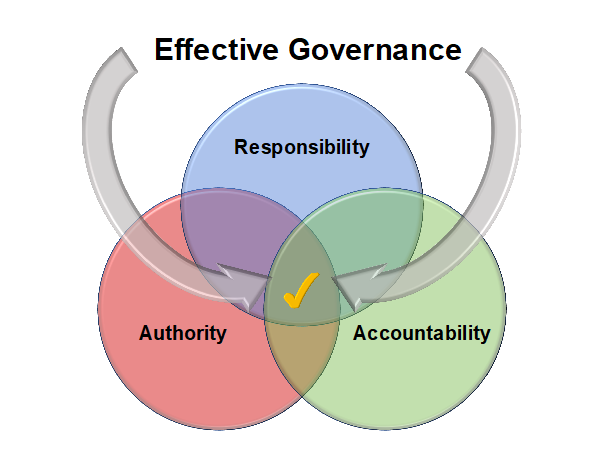Observations
Family Discipline, or more accurately the lack of it, is a common cause of family business conflict. The concept of discipline is often ignored by mature business families, who tend to think of it as only applying to children, as children, but when there’s a family business in the mix, it’s perilous to ignore it.
Discipline impacts family culture, for good or ill. It shapes the way stuff happens, or doesn’t happen within the family and, to varying degrees, within any business controlled by the family. When poor Family Discipline infects a Family Business it doesn’t just cause conflict – it also prevents the resolution of conflict.
Family Governance is the system of rules and/or processes used by business families to direct and manage a family’s affairs – especially how family members interact with their business. The nature, quality, and effectiveness of those rules is determined by the family’s knowledge, attitudes, wisdom, and long-term objectives.
Family Governance provides a conceptual framework for managing family activities – prescribing what should be done, and how it should be done. Effective governance systems also add the “why” to the “what” and “how”, since family members are more likely to accept directions when they understand and approve the rationale behind them.
If strong governance is essential to the good management of family affairs, it follows that weak governance results in poor management. Poor management of any complex system, including families and businesses, invariably produces bad outcomes, over the long-term.
Family Discipline is the practical system of enforcement policies and procedures, applied by governance systems to regulate individual and collective actions and behaviours, to ensure compliance with declared rules. Clear rules and strong discipline produce predictable and desirable results.
In a business family context, Discipline has two key sources: Internal and External.
- Internal Discipline: from individual self-awareness, self-control, and self-regulation of thoughts and behaviours.
- External Discipline: from a collectively agreed system of controlling rules + enforcement measures + consequences for non-compliance with prescribed rules and regulations.
Governance systems create Responsibility and Authority. Discipline systems create Accountability. Many business families are good at allocating responsibility; less good at providing the authority required to discharge those responsibilities; not at all good at requiring accountability, and least good at enforcing accountability.

Anarchy is: a state of disorder due to absence or non-recognition of authority or other controlling systems. Discipline doesn’t work in anarchic conditions, because there’s no foundation system to give it legitimacy, authority, or direction. Control is only possible through the exercise of power. Business Families that get into this situation are either out of control, or they become dictatorships – with either benevolent despots, or tyrants, leading them.
Conflict, revolt, or a “flight of the best and brightest”, is the usual result.
Solution
- Engage all relevant family members, including spouses, partners and next generation members (as soon as they’re old enough), in regular conversations about family values, visions, goals and personal expectations.
- Create a Family Plan, appropriate to the status and needs of the specific family, charting out what the family wants to achieve, as a Business Family.
- Establish the structures needed to execute the Family Plan (including a Family Council, Family Forum and, perhaps, some form of Family Office).
- Create a system of recorded policies and rules defining how the family’s structures and individuals should operate – so they can all contribute to achieving the family’s goals.
Some of this can be included in a Family Constitution, but it’s generally more efficient to develop individual policies to address specific objectives (eg: normalising past benefits received from the family and/or the business) and to adopt them as approved addenda to the Constitution.
Board and Family Council Charters; Rules for Meetings (including voting), Charters of Mutual Obligations, and even formal Job Descriptions, all provide a clear and useful focus for important conversations to increase understanding, connectedness, and commitment within families.
- All family policies and rules should include clear performance expectations and enforcement provisions, so nobody is in any doubt about what’s expected of them, and the likely consequences of any failure to perform.
If the Family Council is ever called upon to enforce the family’s rules, it should be able to rely on a clear mandate to aid the delivery of objective decisions, and to fairly resolve any disputes or conflicts arising within the family.
- Many Business Families choose to transfer the underlying concepts and processes used to develop family rules into their family businesses.


